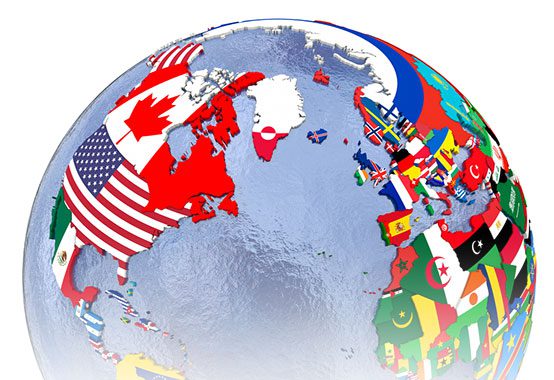The Hollow ‘Rules-Based Order’

Andrew Bacevich offers a useful reminder that laments for a global “rules-based order” require ignoring much of the last seventy years of U.S. foreign policy:
Yet collectively, the actions and episodes enumerated above do not suggest a nation committed to liberalism, openness, or the rule of law. What they reveal instead is a pattern of behavior common to all great powers in just about any era: following the rules when it serves their interest to do so; disregarding the rules whenever they become an impediment. Some regimes are nastier than others, but all are law-abiding when the law works to their benefit and not one day longer.
Just earlier this year, we saw how unimportant the “rules” of the “rules-based order” were to both the U.S. government and the foreign policy establishment. When Trump ordered an attack on Syrian government forces, ostensibly in the name of enforcing an international norm, he did so with no legal authority of any kind. Congress had not authorized the president to commence hostilities against the Syrian government, there was no plausible individual or collective self-defense justification for the action, and the attack clearly breached the U.N. Charter? You could not ask for a more blatant attack on the “rules-based order” than that. The response from most foreign policy analysts and pundits was one of relief, if not jubilation, that the U.S. had “acted” and exercised “leadership.” The “rules-based order” that many of them claim to be so worried about was completely irrelevant when it came to assessing the merits of illegally attacking another sovereign state.
This wasn’t an unusual reaction, but was entirely consistent with attitudes about international “order” and U.S. intervention for well over twenty-five years: when the U.S. wants to bomb or invade another country, it has no implications for “world order” except as proof of the U.S. commitment to maintain said order. If the “rules-based order” really meant anything, the rules would be applied just as vigorously–perhaps more vigorously–to the most powerful state in the world as they are to the weakest, and of course that hasn’t happened and presumably never will.
Comments